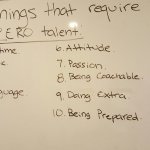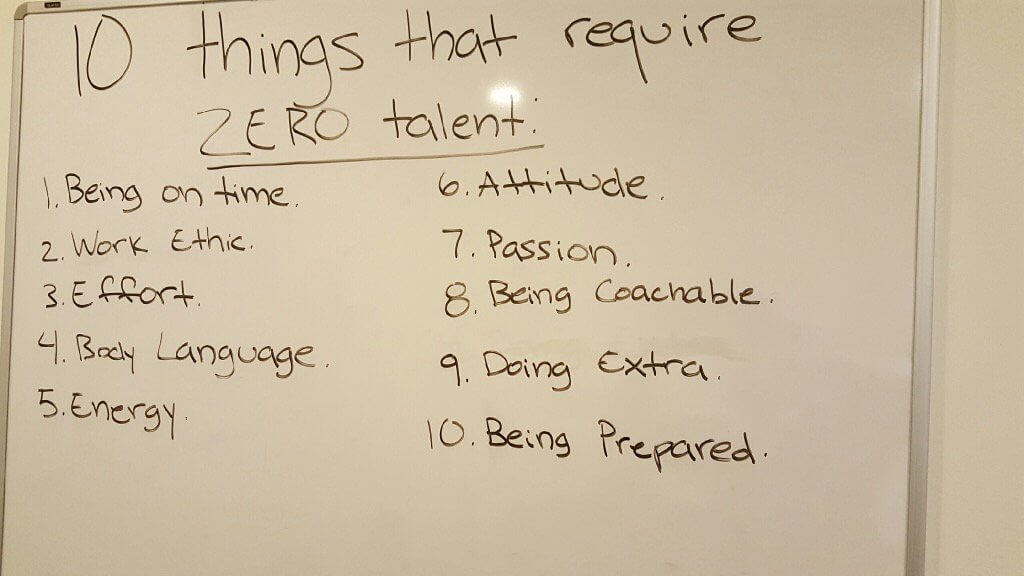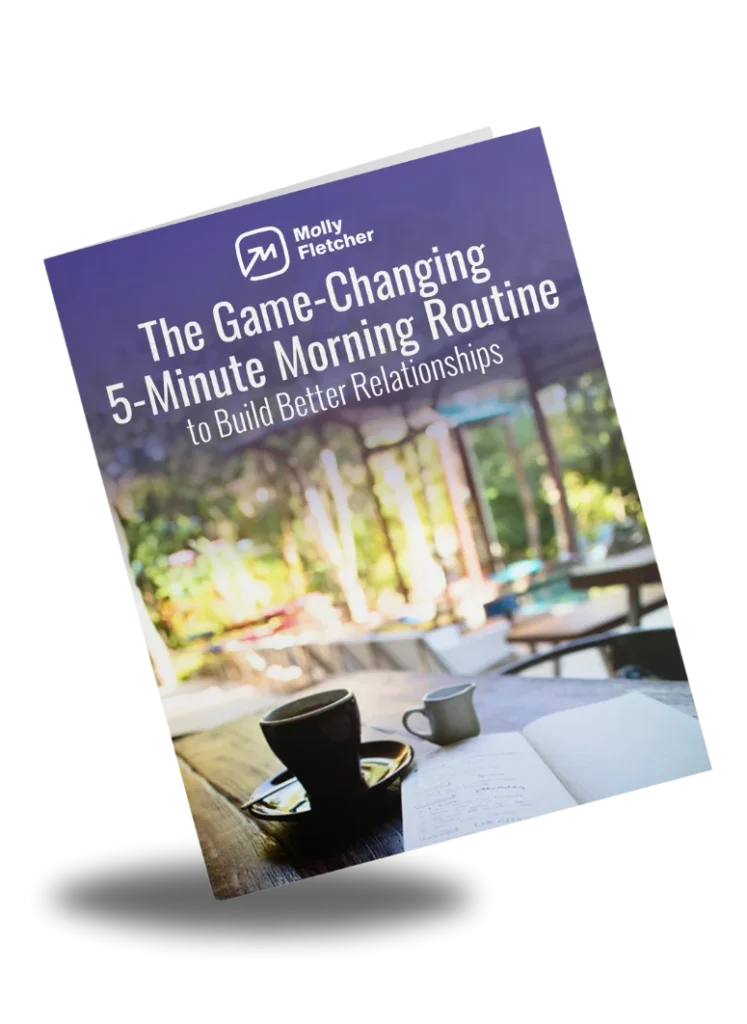 “I have no special talent. I am just passionately curious.” Albert Einstein
“I have no special talent. I am just passionately curious.” Albert Einstein
In a previous blog, I wrote about the importance of asking questions and staying curious. But it’s not just about asking any question; asking the right question is what’s most important. It’s quality, not quantity, that counts. Here are some ways to construct and deliver the best questions to get the answers you need.
- Do your homework. Before asking your client, boss, coach or recruit a question, do your research to see if you can find the answer yourself. Resourcefulness is one of my favorite words and it is a trait that isn’t used enough today. Even with my daughters – when they ask, “Mom, what do we have to eat?” I simply respond, “Check out the pantry or fridge!” They can research themselves. I remind them, it’s important to never ask a question that you could have answered yourself.
- Rehearse. Role-playing is a great way to practice asking questions, anticipating answers and actively listening. When you’re actively listening, you demonstrate an intent for understanding and show your interest in others.
- Deliver it the right way. Determine how you should ask the question – by phone, email, or in person? A sensitive or caring tone generally creates the greatest impact when asking questions. Make sure you’re authentic in your tone and use the best vehicle to ask the question.
- Observe. After you ask the question, what happens? Did your question elicit excitement or frustration? If you’re asking questions to a client or recruit, these emotions can signal you to an area where they may need your help. By paying attention to tone, length of response and whether they respond quickly or take time to think about the question, it will help you craft follow-up questions if needed. Listen with your eyes (if in person), not just your ears.
- Learn from the press. Watch any press conference after a football game and you’ll learn a great tip about asking questions from reporters: stop talking. The media are so good at asking open-ended questions and then being quiet. They let the athlete or coach talk. And talk. And talk. And sometimes they talk themselves into a hole. But these open-ended questions are a great way to let someone fully answer and provide information you otherwise wouldn’t get if you continued to talk.
Your Game Changer Takeaway
Ultimately, when asking questions, just remember IBM’s iconic slogan: “THINK.” When Thomas Watson, who led IBM from 1914 to 1956, first used the slogan in 1911, he said “The trouble with every one of us is that we don’t think enough.” Asked later what he meant by the slogan, Watson replied, “By THINK I mean take everything into consideration.”
As you prepare for meetings with your team, don’t forget to THINK. Take a few minutes ahead of time to come up with some questions you’d like to ask. Questions can serve as a gateway to authentic relationships, and our relationships are what drive our business success.
The Molly Fletcher Company inspires leaders, teams and organizations to up their game. A keynote speaker and author, Molly draws on her decades of experiences working as a sports agent. She is the founder of Game Changer Performance Group, which offers training and coaching programs to help leaders unleash their potential, including: Negotiation: Maximize Your Influence, which teaches business people a framework for successful negotiating; Energy: Optimize Your Focus, which teaches people how to manage their energy to achieve focus and freedom; and High Impact: Elevate Your Power Skills, which is in development now and will supercharge your organization’s performance. Sign up to receive our newsletter, subscribe to the Game Changers with Molly Fletcher podcast, and watch her TED Talk on The Secrets to a Champion Mindset, which has been viewed more than 1 million times.

















